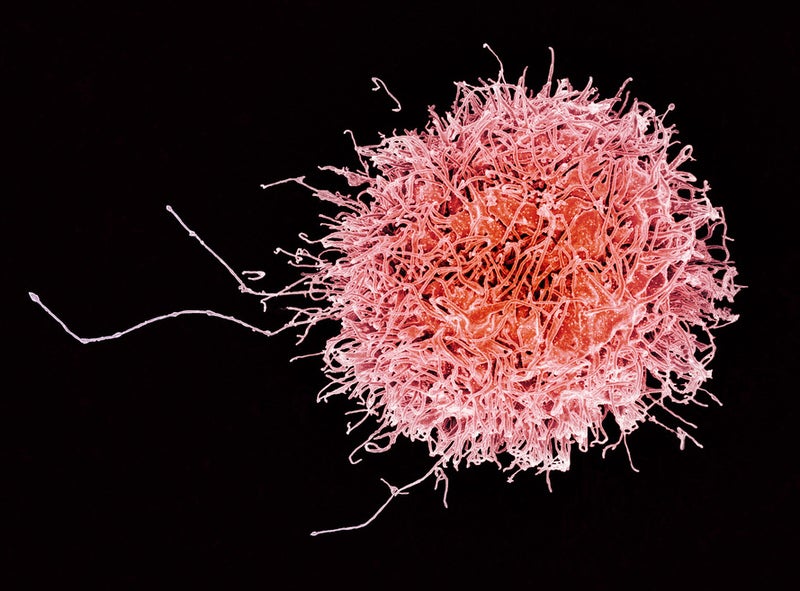
French biopharmaceutical company Inventiva has reported findings from the Phase IIb FASST clinical trial of lanifibranor in patients with diffuse cutaneous systemic sclerosis (dcSSc), a rare autoimmune, rheumatic disease.
Lanifibranor is an oral, small molecule designed to activate all three peroxisome proliferator‑activated receptor (PPAR) receptor isoforms in order to trigger anti-fibrotic and anti-inflammatory changes.

Discover B2B Marketing That Performs
Combine business intelligence and editorial excellence to reach engaged professionals across 36 leading media platforms.
The trial did not meet the primary endpoint of mean absolute change from baseline to week 48 in the modified Rodnan Skin Score (mRSS), compared to placebo.
Results showed a decrease in the average mRSS scores in active and placebo arms. Only four participants experienced increased mRSS over the duration of the trial.
The trial also failed to meet any secondary endpoints. However, lanifibranor demonstrated favourable trend in global assessment of disease as well as favourable safety profile.
FASST was conducted to assess lanifibranor in 145 patients with early phase of dcSSc over 48 weeks.

US Tariffs are shifting - will you react or anticipate?
Don’t let policy changes catch you off guard. Stay proactive with real-time data and expert analysis.
By GlobalDataThe double-blind, randomised, placebo-controlled trial involved twice daily 400mg or 600mg per day lanifibranor in addition to standard of care.
Based on the results, the company decided to discontinue lanifibranor’s development for dcSSc and focus on its potential use to treat nonalcoholic steatohepatitis (NASH).
Inventiva chairman and CEO Frédéric Cren said: “We are disappointed by the results of the FASST clinical trial in dcSSc, a challenging disease as evidenced by the recent failure of three other late-stage trials.
“While we have decided to discontinue the lanifibranor programme in SSc, we are very grateful for the dedication and commitment of patients, caregivers, investigators and our team to this programme.
“We remain confident in lanifibranor’s unique mechanism of action and will therefore continue to move forward, as planned, with its clinical development in the treatment of NASH.”
Apart from lanifibranor, Inventiva pipeline includes odiparcil for the treatment of mucopolysaccharidoses and YAP-TEAD in oncology field.





